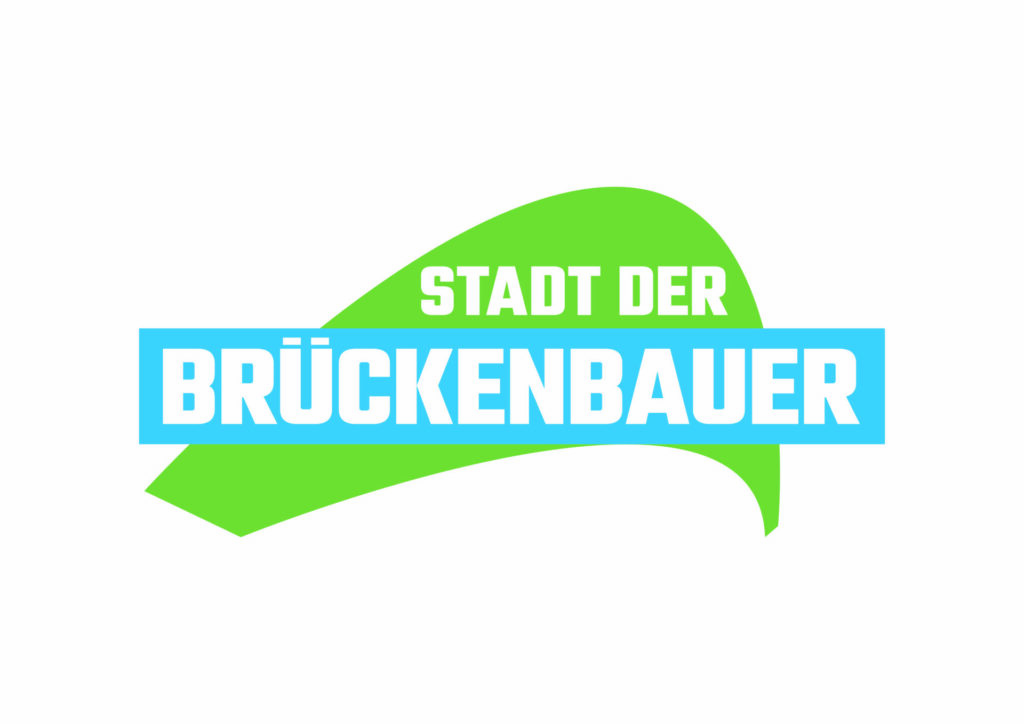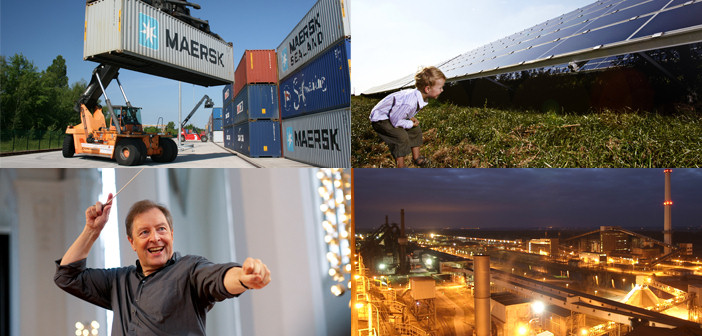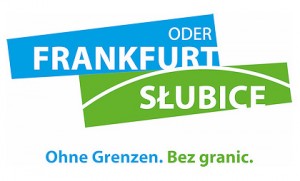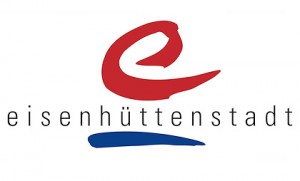What is a regional growth area (RWK) in Brandenburg?
Back in 2004, the state of Brandenburg started realigning its development policy, both in terms of industry sectors and regions. Using the motto “Strengthening strengths”, 15 regional growth areas were identified and, based on various analyses of their economic structure, regional industry competence areas were defined which have undergone a dynamic growth over the previous few years and at the same time offer ample growth potential for the future.
The regional growth areas should help strengthening economic development and securing regional employment. They are intended to act as motors for their region and radiate their success to the surrounding area. Because of their importance, regional growth areas are specifically supported by the Brandenburg state government and have priority in the regional funding system. In addition, various funding instruments are solely available within these areas. Within the framework of continuous reviews and evaluations, the current economic policy strategy “Strong for the future – Join forces” bundles the following priorities in the future strategy development:
- SME strategy: Focussing on medium-sized businesses structure in the state of Brandenburg
- Cluster strategy | Joint Innovation Strategy Berlin-Brandenburg (innoBB) | Regional Innovation Strategy of the State of Brandenburg (innoBB plus) | Cluster project: Increasing networking, strengthening innovative power, raising the economic value added by companies
- Mission statement and action plan “ProIndustrie”: Supporting expansion and development of the industrial base.
Growth area Frankfurt (Oder) / Eisenhüttenstadt
Frankfurt (Oder) and Eisenhüttenstadt form the economic centres of East Brandenburg and are shaping the industrial and social profile of the entire region. Areas of competence include:
- automotive industry
- food and beverage industry
- logistics
- metal production, metal processing and mechatronics
- media, information and communication technology
- electrical engineering, particularly microelectronics and solar
Further industry competences exist in the areas of energy/environmental technology and tourism and are currently arising in the healthcare sector and paper industry.









